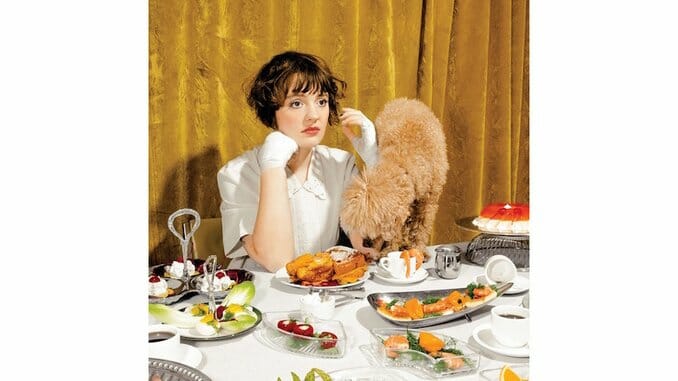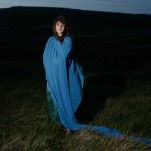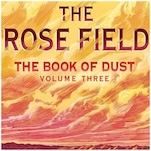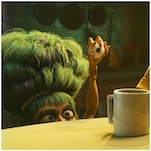Madeline Kenney Finds Joy—and Trepidation—on Sucker’s Lunch
On her third LP, the Oakland dream-pop musician reflects on both the ecstasy and excruciation of love

Neither Madeline Kenney nor her music stays in one place for long. After Kenney explored melancholic, nocturnal shoegaze and campfire psychedelia on her 2016 Signals EP and her Toro y Moi-produced 2017 debut LP Night Night at the First Landing, she took a sharp left-turn into sparse, verdant dream pop with 2018’s Perfect Shapes, produced by Jenn Wasner of Wye Oak. Between Night Night and Perfect Shapes, she relocated from Oakland, Calif., to the much quieter city of Durham, N.C., where she wrote and recorded Perfect Shapes—an album in large part about starting over—while living with Wasner. She also wrote Sucker’s Lunch, her Perfect Shapes follow-up, in Durham, but she didn’t start recording it until she returned to Oakland.
Like its predecessor, Sucker’s Lunch is the product of Kenney ruminating on—and making—life changes, and its dewy, early-morning dream-pop is again Wasner-produced. This time, though, Wasner’s Wye Oak bandmate Andy Stack joins on production too, and Kenney often sets aside the cautious bliss of Perfect Shapes for unrestrained optimism. Where Wasner previously added playful flourishes to Kenney’s rapturous arrangements, she and Stack here embellish Kenney’s creations with bouncy guitar and synth effects; even the ballads on Sucker’s Lunch overflow with an ebullience at which Perfect Shapes only hinted. This pervasive, abundant joy renders Sucker’s Lunch as Kenney’s best album yet.
-

-

-

-

-

-

-

-

-

-

-

-

-

-

-

-

-

-

-

-

-

-

-

-

-

-

-

-

-

-

-

-

-

-

-

-

-

-

-

-








































